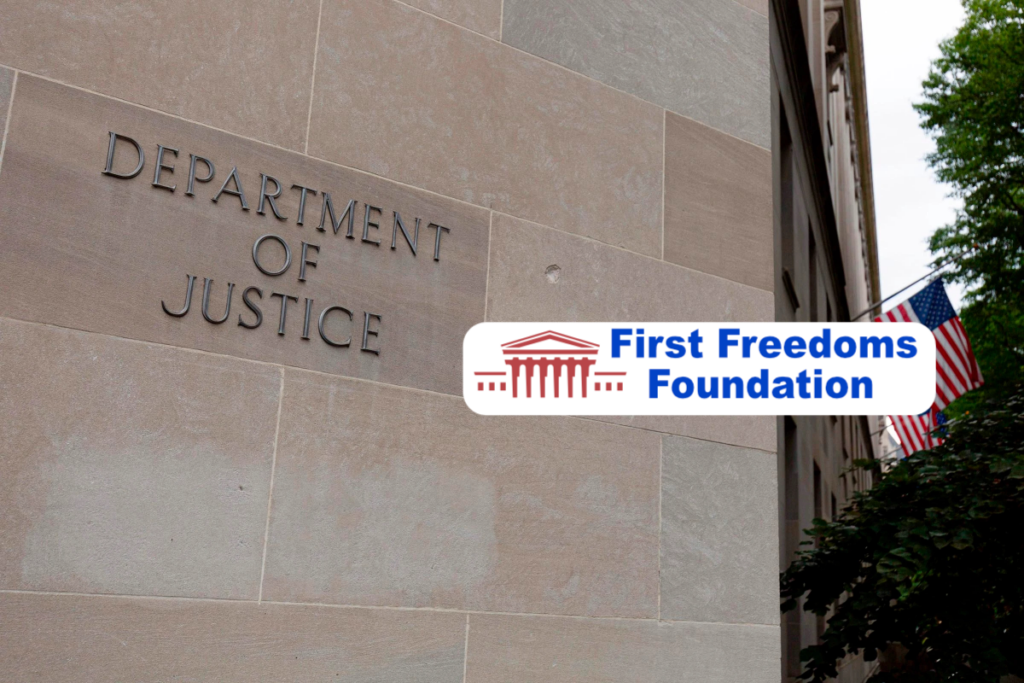Freedom of speech lies at the core of democratic societies, empowering individuals to express their opinions and engage in robust discourse. However, concerns have recently emerged regarding the potential encroachment on this fundamental right by governmental institutions. One such institution is the United States Department of Justice (DOJ), which has faced criticism for its alleged attempts to limit individual freedom of speech. In this blog post, we will examine these concerns and shed light on the importance of safeguarding free expression while balancing it with other societal interests.
The Role of the US Department of Justice:
The DOJ is entrusted with upholding the rule of law and maintaining order within the United States. Its responsibilities include investigating and prosecuting criminal offenses, safeguarding civil rights, and defending the interests of the government. As part of its mandate, the DOJ occasionally encounters situations where it must navigate complex legal and constitutional issues surrounding freedom of speech.
Recent Controversies:
Critics argue that the DOJ‘s actions have raised doubts about its commitment to preserving individual freedom of speech. They claim that certain measures have been implemented under the guise of national security or countering extremism, potentially infringing upon the rights of American citizens.
1. Surveillance and Data Collection:
One area of concern involves the DOJ’s increased surveillance capabilities and data collection practices. The rapid advancement of technology has provided law enforcement agencies with tools to monitor online activities, potentially compromising privacy rights. While these measures may be crucial in combating terrorism and organized crime, the balance between national security and individual freedom of speech must be vigilantly maintained.
2. Prosecution of Whistleblowers:
The prosecution of whistleblowers has also generated controversy. Whistleblowers play a crucial role in exposing wrongdoing and holding institutions accountable. However, recent cases, such as the prosecution of individuals leaking classified information, have raised questions about the DOJ’s approach to protecting free speech when it conflicts with government interests. Striking the right balance is vital to ensure transparency and accountability in a democratic society.
3. Online Content Regulation:
In the digital age, the DOJ faces the challenge of combating hate speech, disinformation, and other forms of online harm. While the intention to safeguard public discourse and protect individuals from harm is commendable, concerns arise when attempts to regulate online content encroach upon the principles of free speech. Striking a delicate balance that upholds individual liberties while addressing genuine societal concerns remains an ongoing challenge.
The Importance of Balance:
Preserving individual freedom of speech is a cornerstone of democratic societies, allowing for diverse perspectives and the exchange of ideas. However, maintaining a healthy balance between free speech and other societal interests is equally important. National security, protection of individual rights, and safeguarding against harm all require careful consideration and sometimes necessitate limitations on speech. The challenge lies in ensuring that these limitations are proportionate, transparent, and subject to appropriate oversight to prevent abuse.
Conclusion:
While concerns about the potential infringement on individual freedom of speech by the US Department of Justice are valid, it is essential to approach the issue with nuance and context. Striking the right balance between free expression and societal interests is a complex task, particularly in an era of rapid technological advancement. It is crucial to foster open dialogue, engage in constructive debates, and demand accountability from governmental institutions to safeguard this fundamental right. By maintaining a vigilant eye on the delicate balance between freedom of speech and other societal concerns, we can collectively work toward a more inclusive and democratic future.

